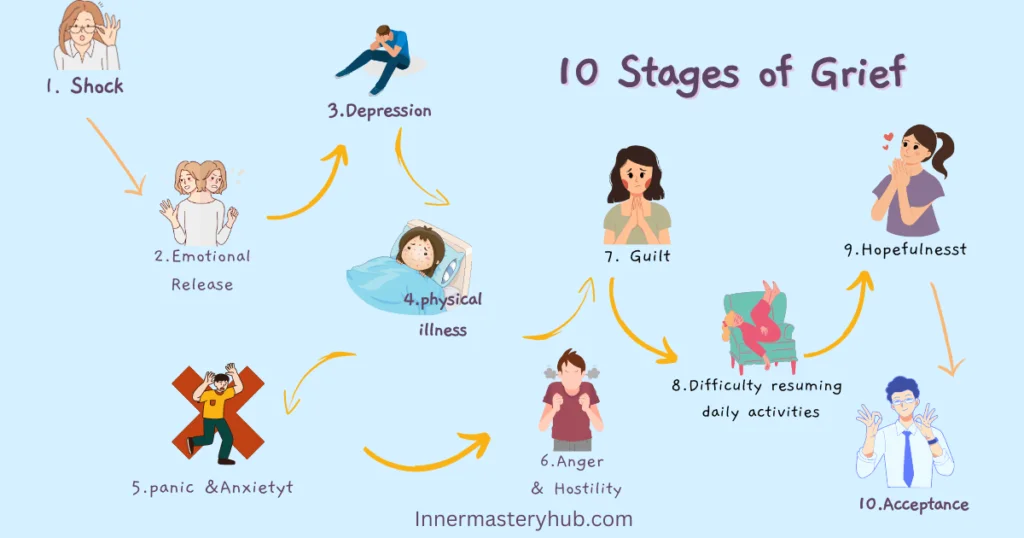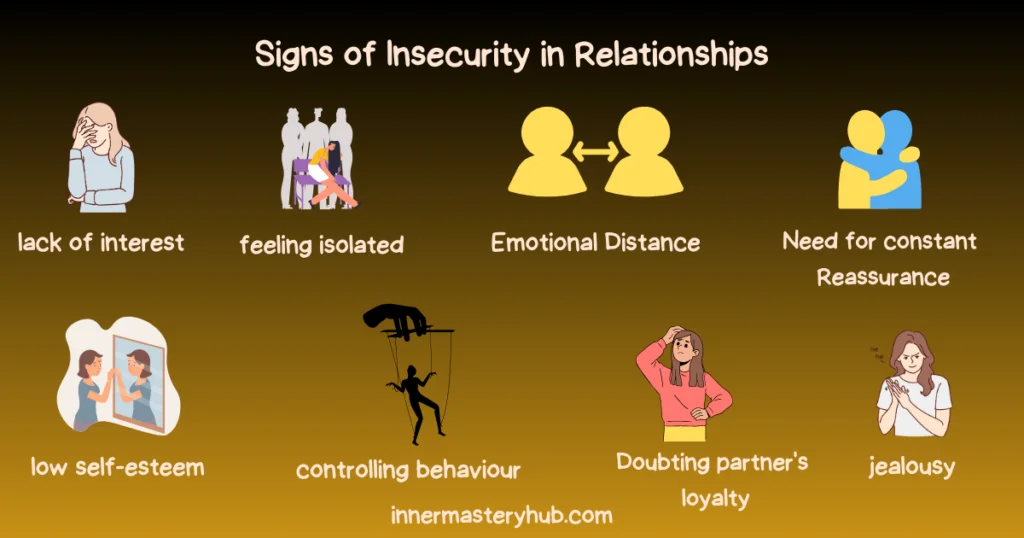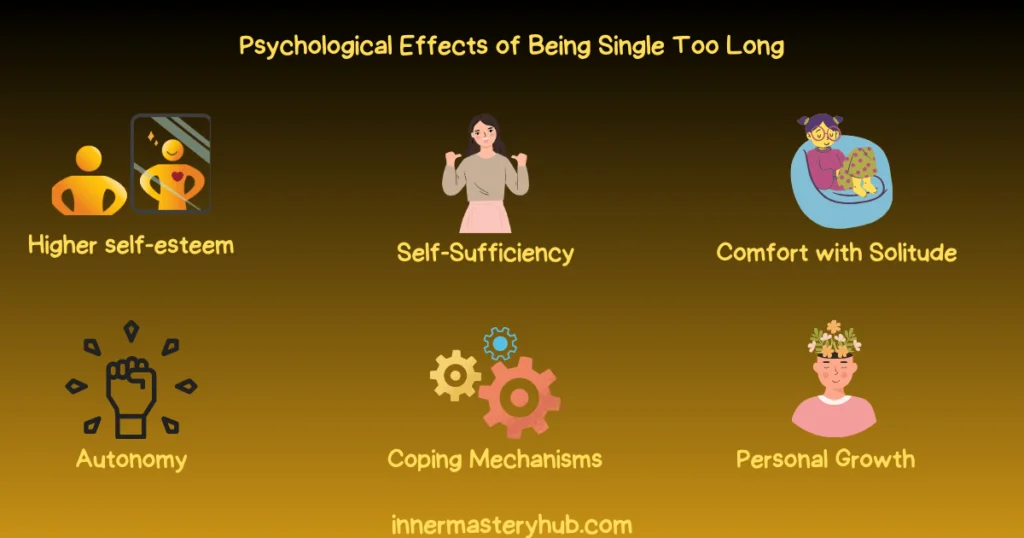
This term, DARVO, is an acronym for “Denial, Attack, and Reverse Victim and Offender.” Avigail Lev, PsyD, founder of Bay Area CBT Center and CBT online, says, “It coins a manipulative strategy that perpetrators often use to avoid taking accountability for their actions and put the blame on their victims.
It’s a Narcissistic personality disorder that involves a specific sequence of acts to influence event perception. Due to the deliberate fabrication of facts by DARVO narcissists, victims often feel confused. They sow suspicion by creating a false story that is not genuine. Unfortunately, bystanders believe the manipulator’s lies. The abused person is blamed and humiliated.
In this article, you will learn:
Table of Contents
What is DARVO Narcissist?
DARVO stands for Deny, Attack, Reverse Victim and Offender. It’s a manipulative tactic often used by narcissists who have engaged in wrongdoing, particularly abusers, to avoid taking responsibility for their actions and shift the blame onto their victims.
Here’s a breakdown of the acronym:
- Deny: Regardless of the evidence, The individual denies committing the act.
- Attack: They launch an attack on the person holding them accountable, questioning their motives, credibility, or even sanity.
- Reverse Victim and Offender: They try to flip the script by portraying themselves as the victim and the person holding them accountable as the aggressor.
It’s important to understand that DARVO is not a diagnosis but rather a pattern of behaviour. It can be used by people with a variety of personality types, including narcissists.
A powerful urge for self-preservation and control is at the heart of the psychological foundation of DARVO. They will frequently adopt this tactic to safeguard their ego and ensure that they continue to provide the image of themselves that they have always desired –Jennifer J. Freyd, Ph.D.
Impact of DARVO Narcissist On Victims
DARVO may seem easy, but it can significantly affect people. Being gaslighted, denied, and attacked can lead to self-doubt, confusion, and emotional distress. Victims of darvo narcissism may question their sanity and experience feelings of shame, guilt, and isolation.
DARVO can damage victims’ trust in themselves, others, and the justice system, making it difficult to form healthy relationships and seek support. The fear of being disbelieved or further victim-blamed can discourage victims from seeking help or reporting abuse. This can delay healing and perpetuate the cycle of abuse.
Who gets targeted for DARVO?
The targets of DARVO can be anyone, regardless of age, gender, or background.
You might be targeted for DARVO if you’re someone who challenges the narrative or questions the actions of a person exhibiting DARVO narcissistic behaviour. Perhaps you’ve spoken up against unfair treatment or questioned their motives. In these situations, the narcissist might feel threatened, triggering the use of DARVO as a defence mechanism.
Moreover, you could become a target if you have a strong sense of empathy and compassion. Narcissists often exploit these qualities, using DARVO to flip the narrative, making themselves the victim and casting you as the wrongdoer. This can leave you confused, manipulated, and unsure of your reality.
Examples of Deny, Attack, Reverse, Victim and Offender
DARVO Narcissists use manipulative tactics to gain control, as illustrated below;
Deny
Imagine you confront your friend about a hurtful comment they made. Instead of acknowledging their words, they flat-out deny ever saying anything offensive. “I never said that; you must be imagining things,” they insist, leaving you questioning your memory.
Attack
In a workplace scenario, you raise a concern about unfair treatment. Rather than addressing the issue, your colleague attacks you personally, questioning your competence or implying that you’re overly sensitive. The focus shifts from the problem to attacking your character and gaslighting.
Reverse Victim and Offender
Let’s say you catch your partner in a lie. Instead of admitting fault, they turn the tables and accuse you of being overly suspicious or not trusting them. Suddenly, you find yourself on the defensive, and the initial concern gets overshadowed by your partner portraying themselves as the victim.
DARVO as a collective grooming tactic
These DARVO tactics can influence how a collective perceives and responds to issues, fostering an environment where control is maintained through denial, attacks, and the inversion of roles.
Denial may involve downplaying or completely dismissing shared concerns or problems. Leaders or influential figures within the group might deny the existence of issues, creating a facade of unity, diverting attention away from genuine collective challenges, and avoiding accountability.
Those who voice concerns may be subjected to personal attacks, with their character coming under fire. The darvo in narcissism aims to silence dissenting voices and discourage others from challenging the established narrative.
Why do bystanders participate?
Bystanders may feel pressure to align with the dominant narrative within a group. Conforming to the majority opinion, even if it involves participating in DARVO dynamics, can be driven by a desire to fit in and avoid social isolation.
Some bystanders may not fully grasp the manipulative nature of DARVO or may not recognize it is happening in real-time. Ignorance of the tactics employed can lead individuals to unintentionally participate without understanding the negative consequences.
Bystanders might genuinely believe the distorted version of events presented through DARVO. This belief can be influenced by charisma, trust in authority figures, or a lack of critical thinking skills, causing individuals to accept and propagate a false narrative.
Longterm impact on survivors
Victims of DARVO narcissists may experience a range of long-term effects, both psychological and emotional abuse, as a result of the manipulative and abusive dynamics they endure.
Survivors often endure emotional trauma due to the constant denial of their experiences, personal attacks, and the manipulation of reality. This trauma can lead to persistent feelings of anxiety, depression, and a diminished sense of self-worth.
Survivors may find it challenging to trust new relationships, fearing the potential for manipulation or betrayal. Building and maintaining healthy connections may become a significant struggle.
The ongoing psychological abuse inherent in DARVO dynamics can lead to the development of PTSD in some survivors. Intrusive thoughts, nightmares, and hypervigilance are common symptoms that may persist long after the manipulation has ended. Over time, these factors can contribute to more severe mental health issues if left unaddressed.
How to Protect Yourself Against DARVO Narcissist
Recognizing and protecting yourself against DARVO Narcissist can be challenging but possible. Here are some key strategies:
Education and Awareness
Be aware of common DARVO narcissist tactics of denial, deflection, blame-shifting, and victim-shaming. Notice if someone repeatedly minimizes your experience, attacks your character, or tries to turn the situation around on you.
Understanding the tactics and signs of DARVO is crucial to identifying it in action. Explore resources like the National Domestic Violence Hotline, The National Sexual Assault Hotline, and reputable mental health websites.
Setting Boundaries and Communication
Don’t engage in emotional arguments or get drawn into the manipulative cycle. State your boundaries clearly and calmly, and refuse to engage in discussions that feel unfair or unproductive.
If the person is unwilling to respect your boundaries or continues to use DARVO tactics, consider limiting or ending contact, especially if it’s emotionally draining or harmful.
Documentation and Support
Keep a detailed record of interactions, including dates, times, and specific examples of DARVO tactics used. This can be helpful if you need to seek legal advice or support.
Surround yourself with supportive friends, family, or professionals who can validate your experiences and offer emotional support. Consider joining a support group for survivors of abuse.
If you’re struggling emotionally or feel overwhelmed by the manipulation, consider seeking professional help from a therapist or counsellor experienced in dealing with abuse and manipulation.
Seek therapies, cognitive behavioural therapy, and professionals if the situation worsens.






